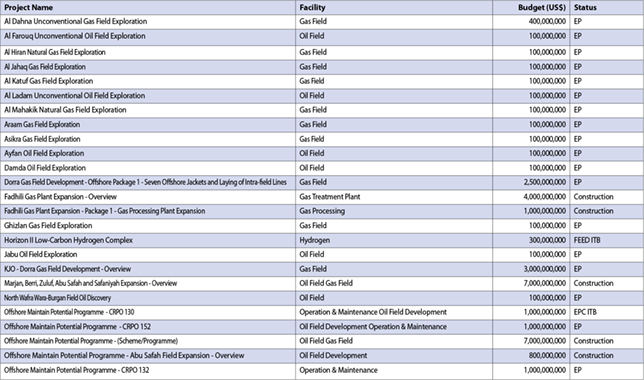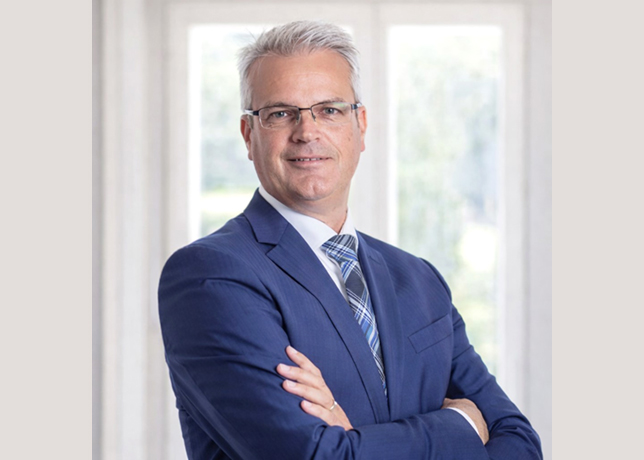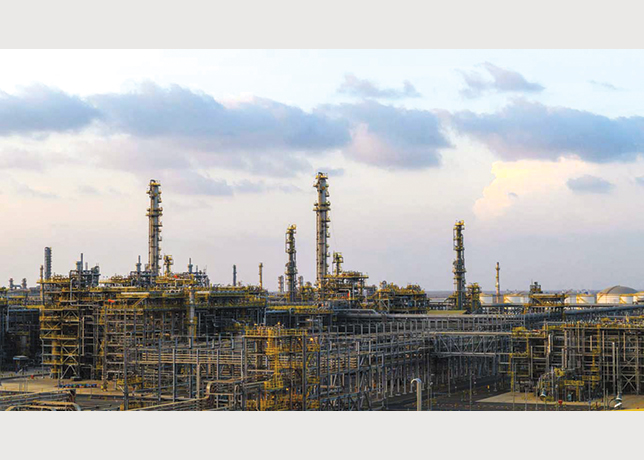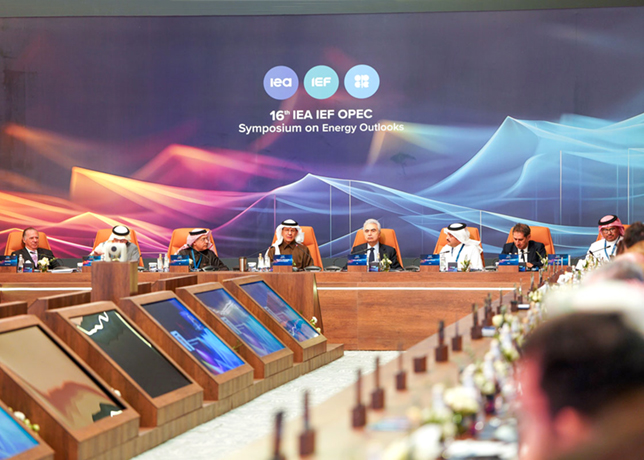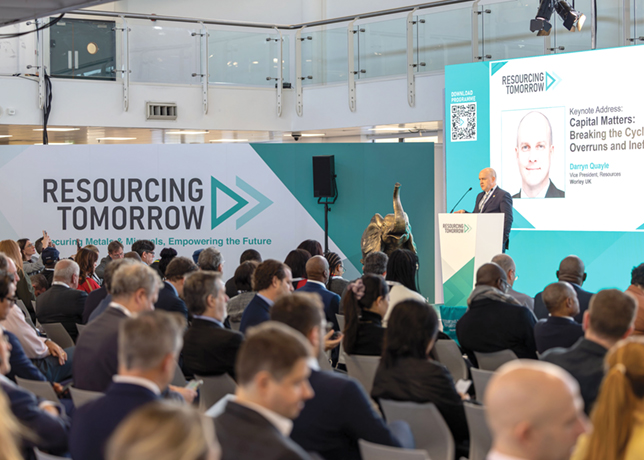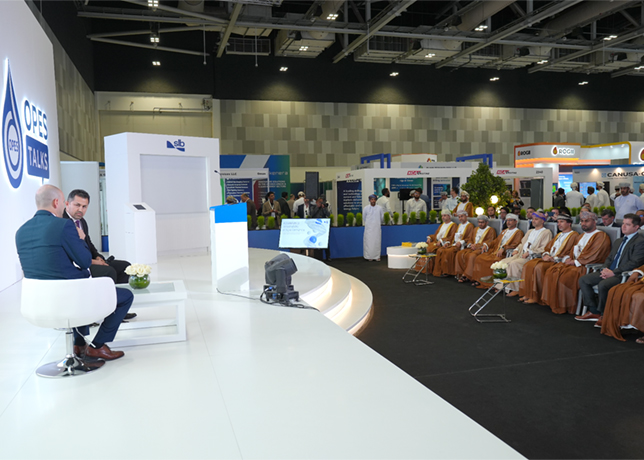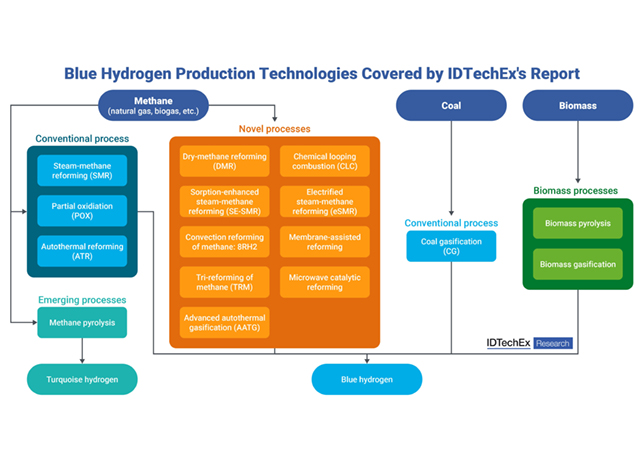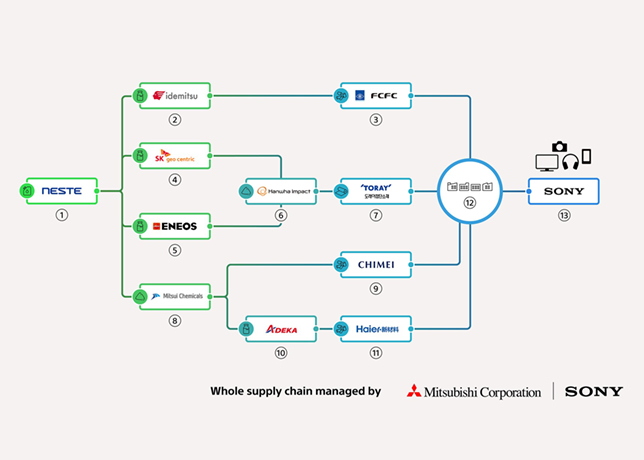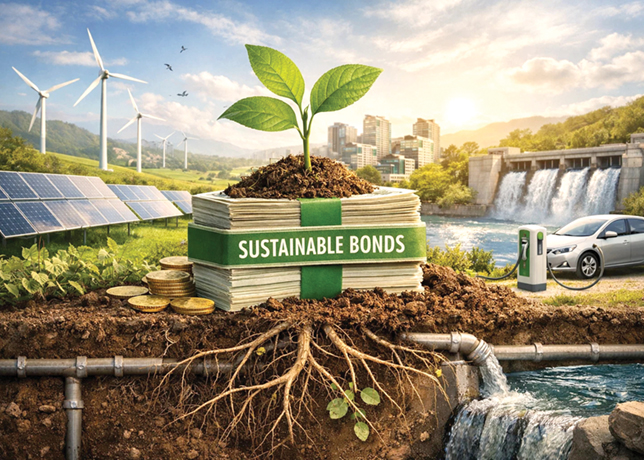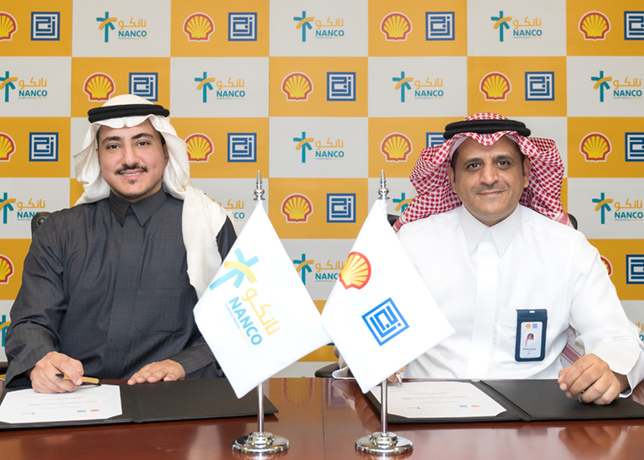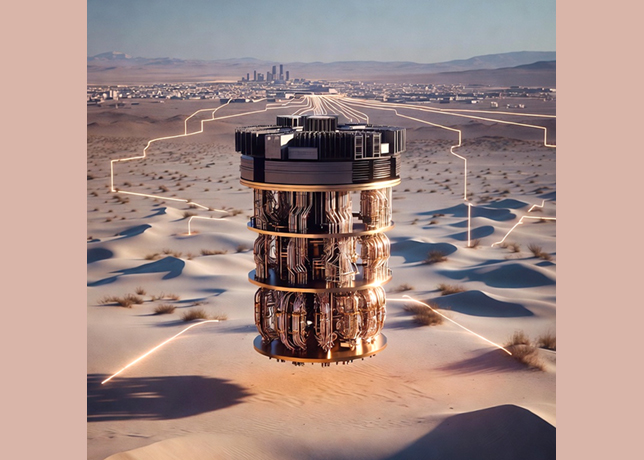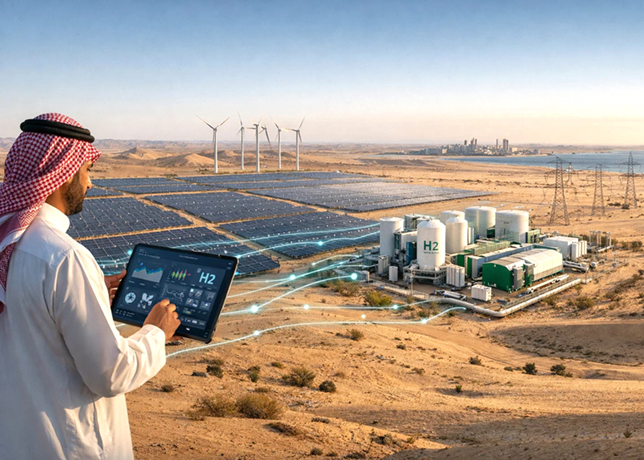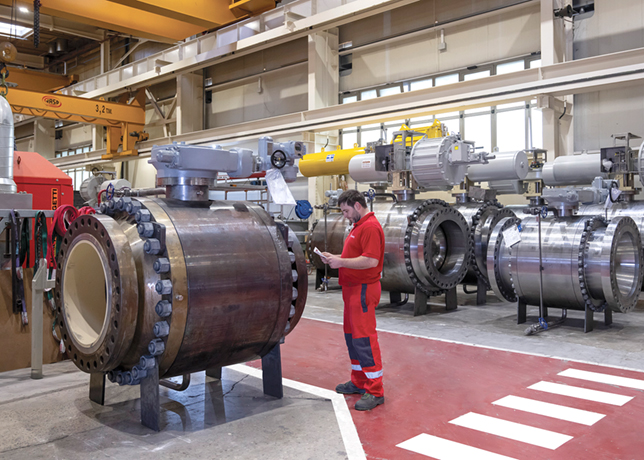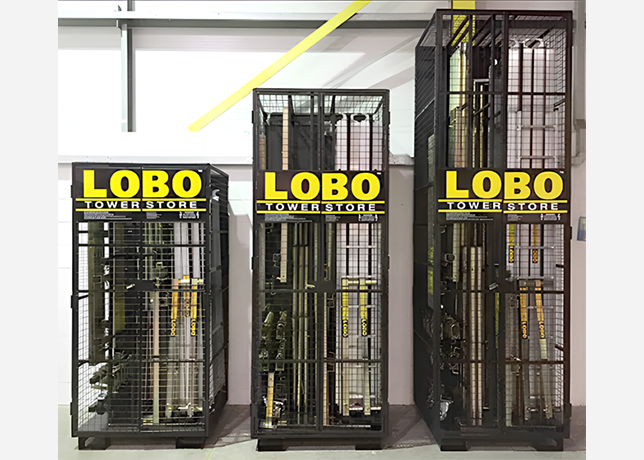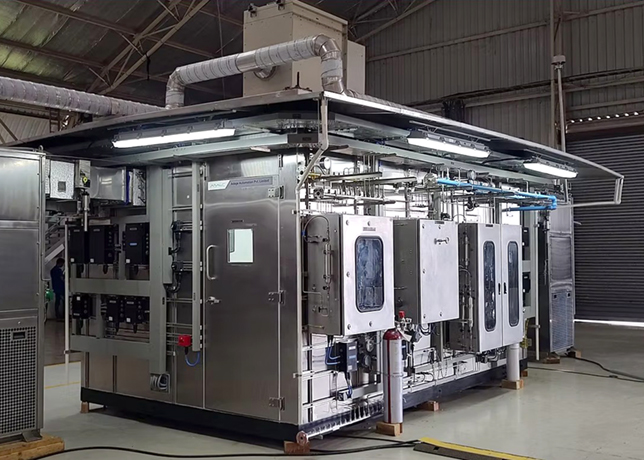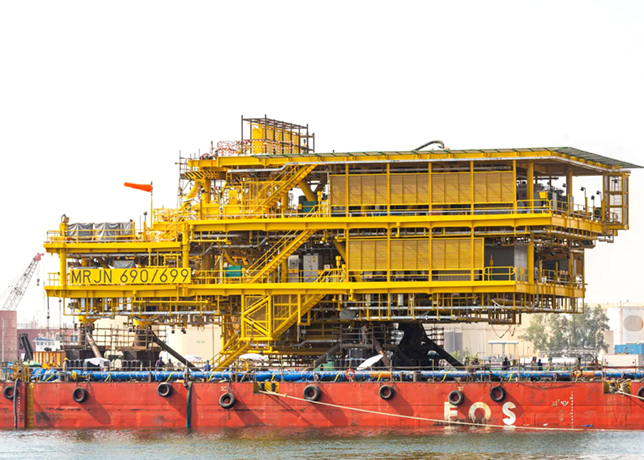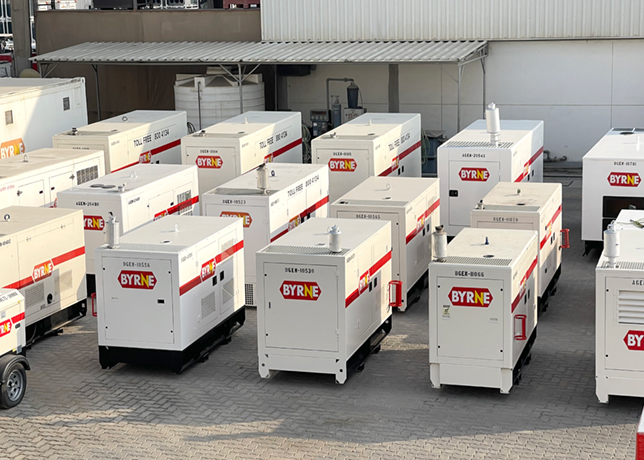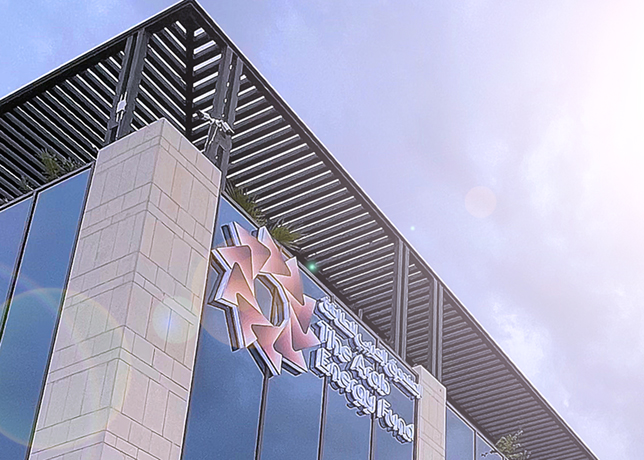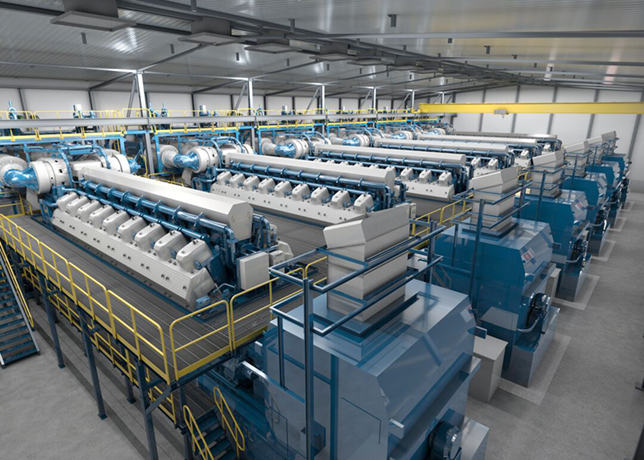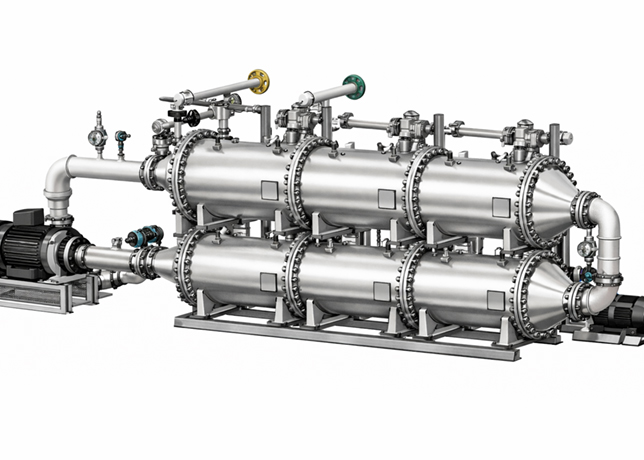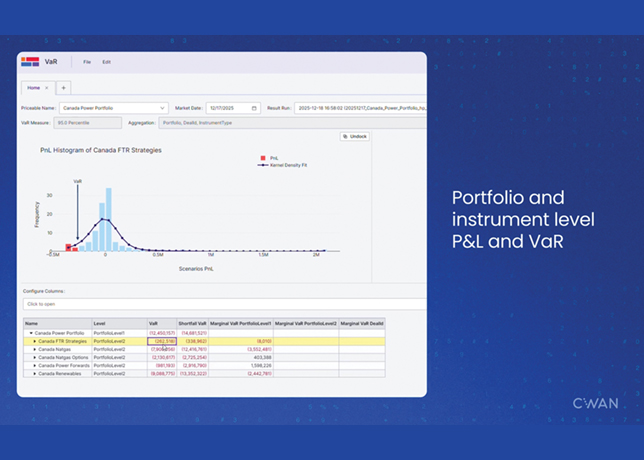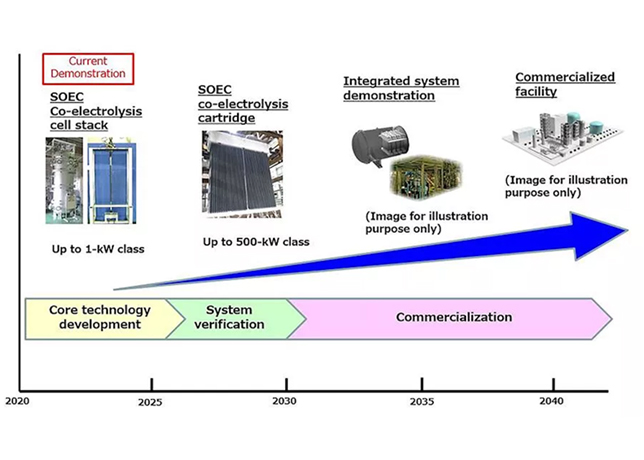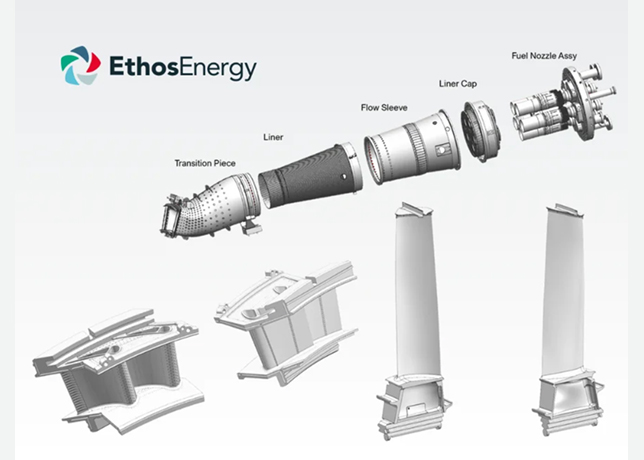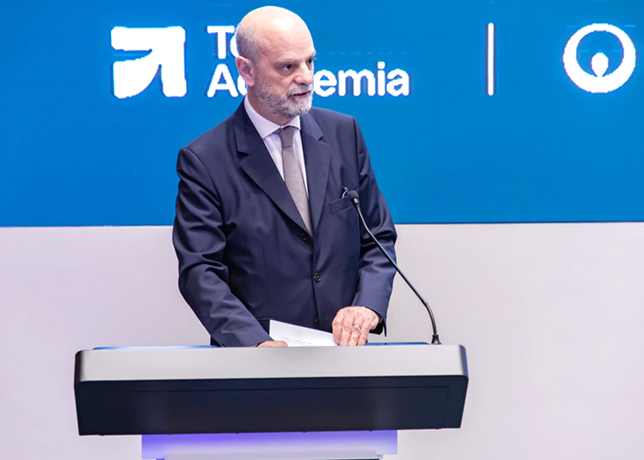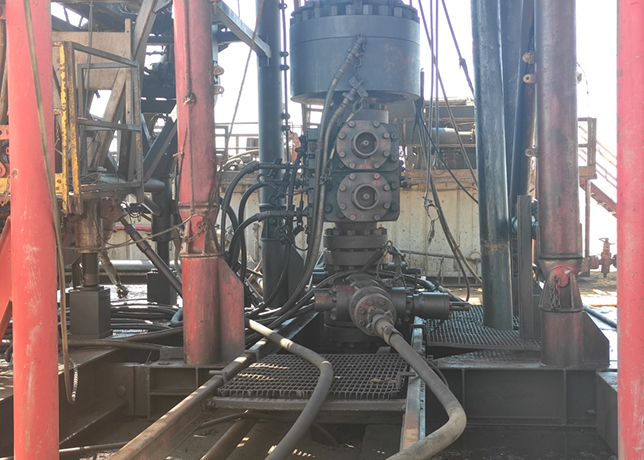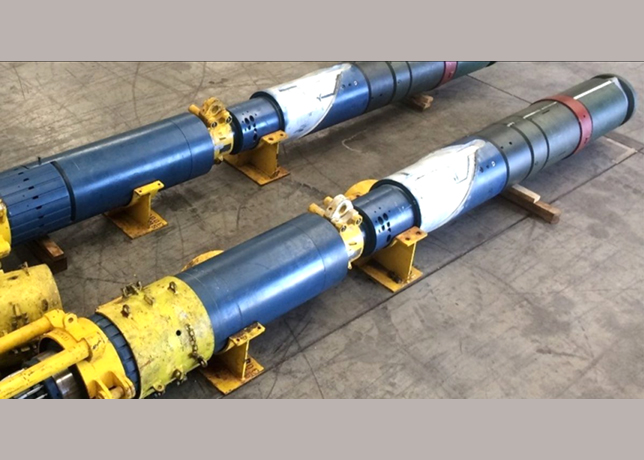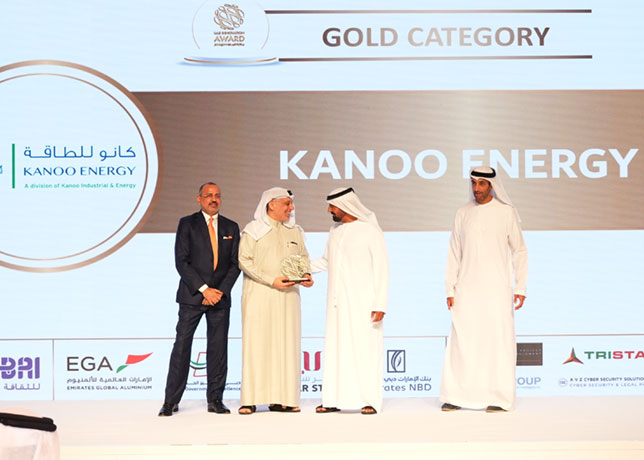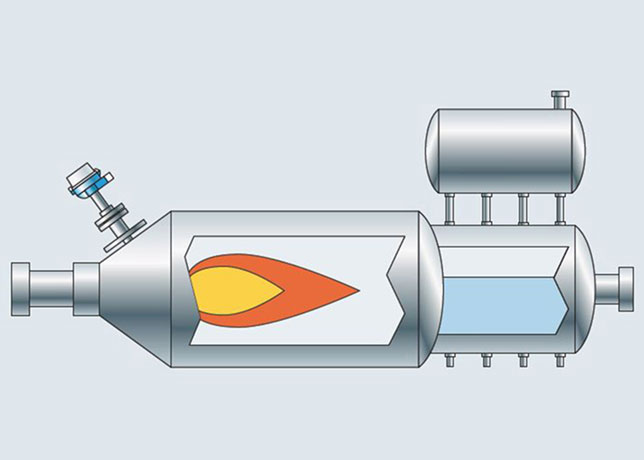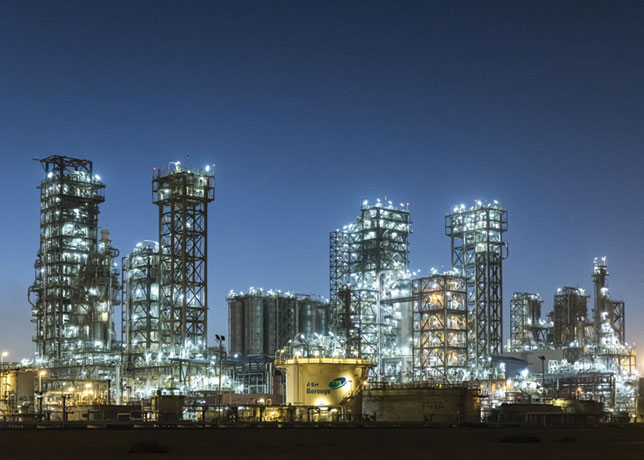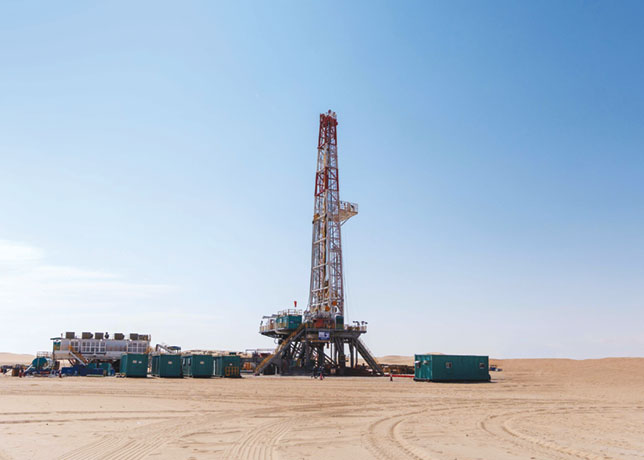
 Energy executives believe net-zero emissions will not be achieved until 2070 or even later
Energy executives believe net-zero emissions will not be achieved until 2070 or even later
Energy executives are sceptical about the ability to achieve net-zero and unless significant breakthroughs occur, and fast, net-zero will remain a distant, and possibly unattainable, goal, say Bain & Company experts
Despite record-breaking global investment in clean energy last year, the very leaders responsible for driving the transition are growing increasingly doubtful about when – or even if – the world will reach net-zero carbon emissions.
This stark shift in sentiment is revealed in Bain & Company’s 2025 Energy and Natural Resources (ENR) Executive Survey.
Nearly half (44 per cent) of ENR executives now believe net-zero emissions will not be achieved until 2070 or later, a sharp increase from 31 per cent in 2024.
Even more concerning, only 32 per cent still expect it by 2050, marking a significant reversal from previous years when 40 per cent to 50 per cent saw 2050 as a feasible target.
On average, oil and gas executives predict peak oil will not occur until around 2038, further underscoring the expectation that fossil fuels will continue to play a dominant role in global energy supply for decades to come.
Bain’s annual survey, which gathers insights from over 700 executives across oil and gas, utilities, chemicals, mining, and agribusiness, provides a crucial reality check on the industry’s outlook.
It paints a clear picture of leaders increasingly struggling to balance the pressures of the energy transition with financial and operational constraints.
FINANCIAL BARRIERS THREATEN TO DERAIL ENERGY TRANSITION
Optimism about the energy transition is giving way to a more hard-nosed financial reality.
 |
Eric Beranger-Fenouillet |
The once-booming enthusiasm for environmental, social, and corporate governance (ESG)-driven investment is fading, replaced by a heightened focus on return on investment (ROI).
Tighter budgets, constrained balance sheets, and soaring capital costs are forcing companies to make difficult decisions about where to allocate resources.
Executives overwhelmingly cite financial viability as the biggest roadblock to scaling up transition-oriented growth energy (TGE) businesses.
A major concern is the difficulty in securing customers willing to pay premium prices to generate sufficient ROI.
Additionally, a growing number of executives point to a lack of shareholder support as a critical issue this year.
Other major obstacles include unpredictable government policy, regulatory uncertainty, and a lack of available capital.
"Energy leaders are facing a stark reality: The transition to net-zero is proving more financially and operationally complex than many anticipated. Rising capital costs, policy uncertainty, and shareholder hesitancy are forcing executives to make difficult trade-offs. However, the growing optimism around AI and emerging technologies suggests that innovation will play a crucial role in overcoming these challenges," said Eric Beranger-Fenouillet, Head of Energy, Natural Resources and Sustainability and Responsibility Practices at Bain & Company Middle East.
SOARING CAPITAL COSTS ADD TO GROWING CONCERNS
 |
Raja Atoui |
Capital costs are rising at an alarming rate. More than three-quarters of executives report that their capital project costs have increased in the past 12 months, with one in ten facing extreme cost hikes exceeding 20 per cent. As a result, companies are urgently reassessing their strategies to control spending.
Executives are now prioritising tighter capital allocation, refining project scopes, and improving engineering and project design to maximise efficiency.
Nearly half plan to deploy emerging technologies, including AI, to enhance project execution and mitigate cost overruns.
HOPE IN AI & EMERGING TECHNOLOGIES
Despite the growing pessimism surrounding net-zero timelines, there is a notable rise in optimism around AI and other emerging technologies.
Executives increasingly believe these innovations could provide a much-needed boost to the business case for the energy transition.
Enthusiasm for AI and digital tools is surging, with 72 per cent of executives expressing confidence in their five-to-ten-year potential.
"Emerging technologies like AI and energy storage are offering a bright spot amid the challenges. While we may have to adjust our timelines for net-zero, the continued development and adoption of transformative technologies could be the key to overcoming the financial and regulatory obstacles hindering the energy transition," said Raja Atoui, Partner, Energy, Natural Resources and Sustainability & Responsibility Practices at Bain and Company Middle East.
However, the industry is running out of time to delay critical technology investments.
Executives are increasingly aware that failure to act now could have severe long-term consequences.
Most plan to implement technology-enabled improvements across multiple key functions, with over 60 per cent expecting to overhaul their ERP systems within the next three years.
Confidence in the business case for energy storage (47 per cent), renewables (45 per cent), circularity (39 per cent), and carbon capture, utilisation, and storage (43 per cent) is rising. But whether these technologies can scale quickly enough to change the trajectory of net-zero targets remains an open question.
Bain estimates that global energy consumption from data centres could more than double by 2027, accounting for 2.6 per cent of the world’s power usage and requiring over $2 trillion in new energy generation investment.
While utility executives acknowledge the challenge, many remain cautious. A substantial 43 per cent believe they can manage the surge in demand but only if everything goes according to plan.
To meet this growing need, utilities are focusing on expanding renewables, extending the lifespan of existing assets, and increasing natural gas capacity.
Although nuclear power is emerging as a potential solution in North America, it remains a low priority for executives in other regions.
THE OUTLOOK: A GROWING DIVIDE BETWEEN AMBITION & REALITY
The findings of Bain & Company’s survey paint a sobering picture. Industry leaders are becoming increasingly sceptical about the world’s ability to achieve net-zero emissions within the previously accepted timelines.
Financial, regulatory, and technological barriers continue to mount, and many executives now expect fossil fuels to remain a major part of the energy mix for decades.
While AI and other innovations offer a glimmer of hope, they are far from a guaranteed solution.
The harsh reality is that unless significant breakthroughs occur and fast the world may be forced to confront a future where net-zero remains a distant, and possibly unattainable, goal.



